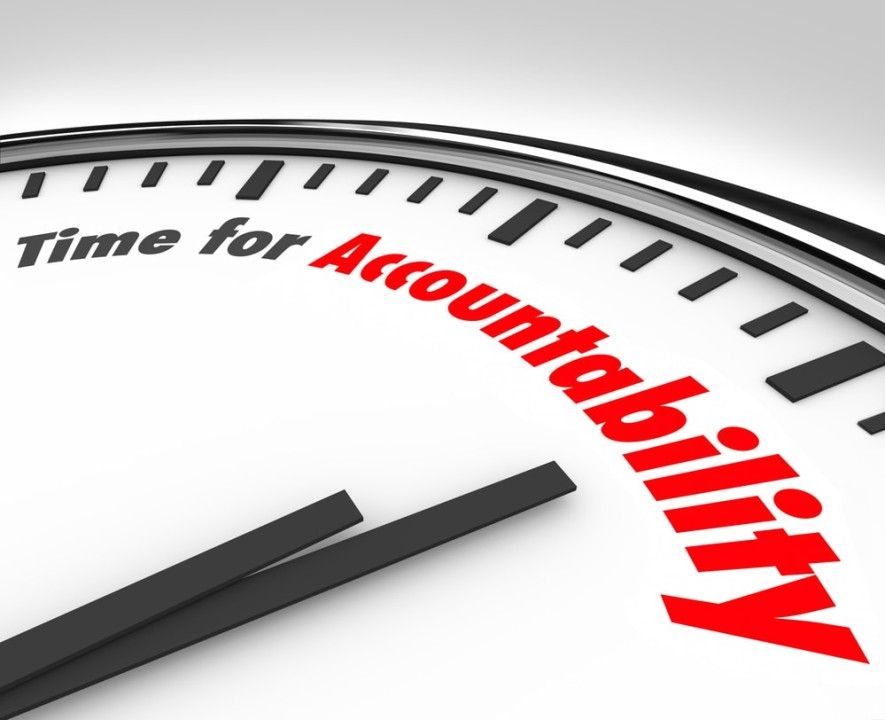My past few week's reading suggests that we might be seeing the first glimmers of a much-needed spotlight on the need for greater corporate accountability.
I was pleasantly surprised to see Nonprofit Quarterly dedicate its summer issue to “Escaping Corporate Capture” noting the profound influence that companies now have “on our economy, politics, culture, and even our sense of self.”
Perhaps the dual pressures of a climate emergency and the erosion of democracy are forcing a rethink of the risks of corporate capture and undue influence.
On the former, Jana Morgan of fellow collaborative FORGE: Funders Organized for Rights in the Global Economy recently teamed up with Rachna Saxena of Dalberg Advisors to lay out necessary steps philanthropies can support to curb corporate power to assure a just energy transition.
On the latter, Anat Admati argues in her latest piece for Project Syndicate that, “Rebuilding trust in democratic institutions depends on our ability to see through corporate-friendly narratives.” She worries that academics and media too often fail to hold the powerful to account, including those in board rooms.
None of this should be surprising to us, but perhaps what should be is the lack of investment in tackling corporate capture. Our recent Trust, Accountability and Inclusion Collaborative review of anti-corporate capture funding (supported by Open Society Foundations found that the pool of donors on this issue is very small and investment similarly tiny. What grantmaking there is, is largely prioritized for Europe and the US.
When you consider the resources mobilized on the other side, the disparity is stark.
And yet successes are possible (as seen in the years long fight for stronger European Commission requirements that are now formally adopted and enshrined in the EU Official Journal as of July 5th). There is no shortage of fundable opportunities. For example, Empower, LLC recently detailed strategic opportunities to confront corporate capture of the state with a focus on the Global South and the energy transition.
This is not about vilification of business, but it is about accountability. As someone who has long worked on private sector roles in development, I know the importance of business driving a just energy transition. I have seen how business can be a partner in reinforcing rule of law and democratic governance, despite wariness of being politically targeted. But first, we need more reassurance that the corporate sector is not acting against the public interest. This recent flurry of interest in the issue deserves reinforcement.
